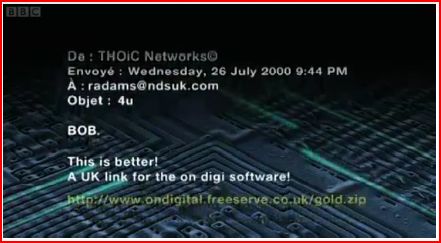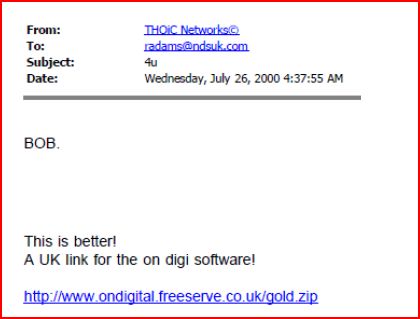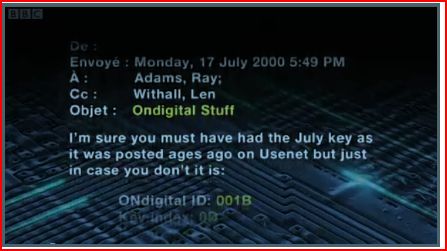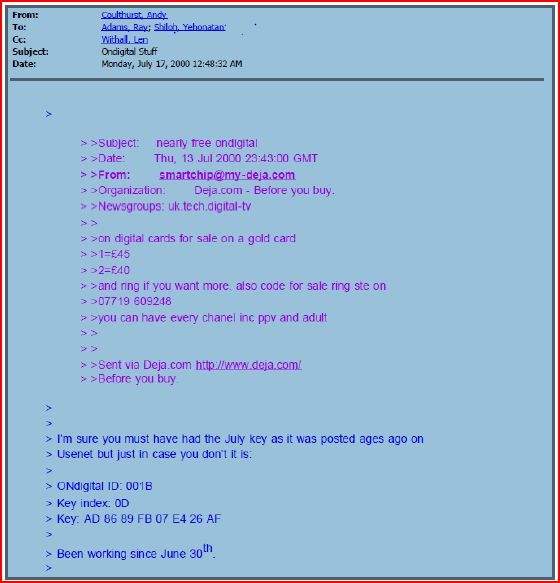Visa and MasterCard warn of credit card data breach
Updated Visa and MasterCard have been quietly informing banking partners that a third-party supplier has suffered a major breach of security that could let the attacker clone users’ cards.
According to Krebs on Security, the credit card companies are warning that between January 21 and February 25, a successful attack appears to have occured and that Track one and Track two data could have been stolen. Those terms refer to the data stored on the magnetic stripes on the backs of cards, and indicate that the attacker could clone legitimate cards at will.
“Visa Inc. is aware of a potential data compromise incident at a third party entity affecting card account information from all major card brands,” the credit card company told El Reg in an email. “There has been no breach of Visa systems, including its core processing network VisaNet. Visa has provided payment card issuers with the affected account numbers so they can take steps to protect consumers through independent fraud monitoring and, if needed, reissuing cards.”
Speculation is flying at the number of card holders at risk, with some estimates putting the number in the millions, in line with the 2009 Heartland Payment Systems breach which compromised 130 million accounts. Some reports claim the third-party leak is from data handler Global Payments, based in Atlanta, Georgia, but neither it or MasterCard had any comment for El Reg at time of publication.
“I heard (and this may not be factual) that the crime was perpetrated by a Central American gang that broke into the company’s system by answering the application’s knowledge based authentication questions correctly. Looks like the hackers took over an administrative account that was not protected sufficiently,” noted Gartner distinguished analyst Avivah Litan.
She said that the attackers appear to have got through the existing knowledge based authentication questions used as security. This could be achieved either by researching and guessing the answers, or by hiring (or coercing) someone within the company to provide them.
Not surprisingly, the IT security industry is lining up to sell some product offer helpful advice. Neil Roiter, research director at Corero Network Security blamed the breach on the reliance on the Payment Card Industry Data Security Standard (PCI DSS), which was developed by Visa, MasterCard, American Express, Discover, and JCB International Credit Card to ensure uniform security architecture and practices.
“While the scope and details of the attack are not yet known, it shows that three years after the Heartland Payment Systems breach of 130 million credit card numbers, credit card data is still vulnerable,” Roiter said. “The Payment Card Industry Data Security Standard (PCI DSS) is highly prescriptive in nature, but simply complying does not ensure credit card security. Companies that rely on PCI DSS to solely dictate their security measures will continue to remain vulnerable to attack.” ®
Update
Global Payments has confirmed to El Reg that it was the target of an attack, and said that the fact that it was picked up was a tribute to its strong security.
“It is reassuring that our security processes detected an intrusion. It is crucial to understand that this incident does not involve our merchants or their relationships with their customers,” said chairman and CEO Paul R. Garcia in an email.
Article source: http://go.theregister.com/feed/www.theregister.co.uk/2012/03/30/visa_mastercard_breach/



